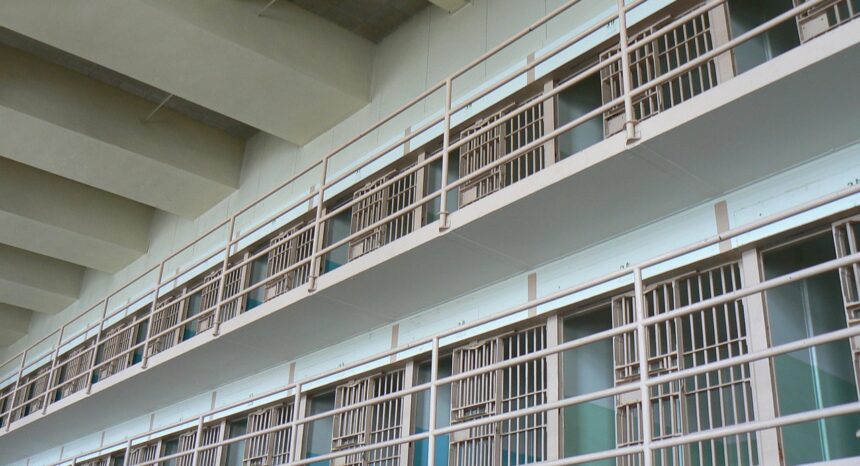In July 2014 the New York Times published an in-depth report on the prevalence of guard-on-inmate violence at New York City’s Rikers Island jail located in the East River. Among the several disturbing pieces of evidence revealed was the fact that inmates suffering from mental illness are often the victims of violence.
This problem is not new. In 2006 a Bureau of Justice Statistics report — “Mental Health Problems of Prison and Jail Inmates” — found that state prisoners who had a mental health problem were twice as likely as state prisoners without to have been injured in a fight since they were admitted. Previous research also indicates that mentally ill people are more likely to be arrested than others stopped by the police, and more likely to be subsequently convicted and incarcerated. (This is true despite the fact that the link between severe mental illness and violent acts is not a strong one.) In fact, a report published by the Treatment Advocacy Center in April 2014 found that in 44 of the 50 states and the District of Columbia, a prison or jail in that state holds more individuals with serious mental illness than the largest remaining state psychiatric hospital.
Meanwhile, the size of the U.S. prison population has soared, leading to higher costs. Further, the increasing use of expensive incarceration practices such as solitary confinement has led to even higher bills for U.S. taxpayers.
In a 2014 study published in the American Journal of Managed Care, “Medicaid Prior Authorization Policies and Imprisonment Among Patients With Schizophrenia,” researchers from the University of Southern California hypothesize that one of the factors influencing the likelihood of a mentally ill person ending up in prison rather than a medical facility is how restrictive the state health plans are when it comes to providing medication. In particular, they examine the policy of “prior authorization,” a practice that requires additional approvals before certain “atypical” tests or treatments can be ordered for patients. The policy is intended to preserve government resources by requiring justification for the selection of more expensive treatment options. However, if this extra step delays or denies patients the treatments they need, they could end up incarcerated; as the authors explain, any discontinuity in medication for conditions such as schizophrenia can lead to immediate medical challenges and erratic behavior. The authors lay out the theory of how this plays out:
Stage 1: A large majority of patients with schizophrenia are covered by Medicaid.
Stage 2: The state’s restrictive prior authorization policy leads to discontinued, reduced or inappropriate medication.
Stage 3: Suboptimal medication leads to uncontrolled symptoms.
Stage 4: Active symptoms or deteriorated economic conditions that result from uncontrolled symptoms lead to encounters with law enforcement and arrest.
Stage 5: Repeated or serious arrests lead to imprisonment.
To test this hypothesis, the researchers collected information on prior authorization restrictions from Medicaid programs in 30 states to determine which states had such requirements before 2004. Combined with regulatory data from a nationally representative survey of 16,844 prison inmates, this information allowed the researchers to look at the relationship between the treatment regulations and the population of a subset of mentally ill patients.
Key findings from the study include:
- “Prior authorization requirements for atypical antipsychotics were associated with a 22% increase in the likelihood of imprisonment of schizophrenic people compared with the likelihood in a state” without the policy.
- Making it more challenging for patients to obtain medication could be pushing them to seek out other forms of “treatment”; prior authorization was also associated with an “increased likelihood” that those with schizophrenia will be incarcerated for nonviolent drug offenses.
- Restrictive pharmacy policies were associated with higher likelihood (2.7 percentage points) that an imprisoned individual displayed psychotic symptoms.
- Other types of rehabilitation for the mentally ill could be less expensive than incarceration; the total annual cost in the United States associated with severe psychiatric disorders in jails and prisons is estimated to be $8.5 billion.
These findings indicate that prior authorization requirements could be leading to dangerous outcomes for the mentally ill. Moreover, such policies might not even accomplish their intended goal of reducing state expenses if the savings that Medicaid programs realize are negated by the high price of incarceration.
Keywords: prisons, crime, mental health


Expert Commentary